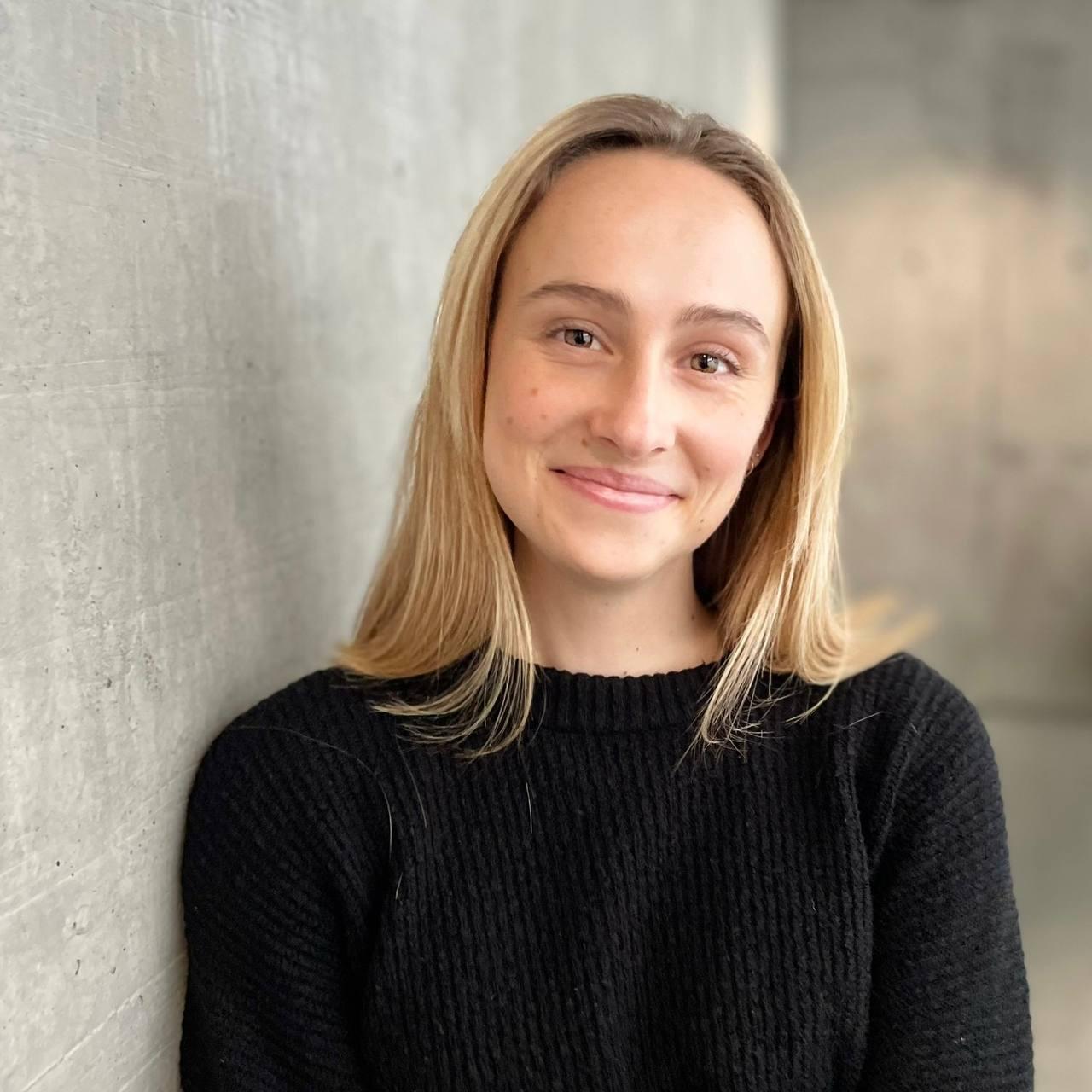Speaker Details
Learn more about our distinguished speakers and their contributions to the fields of AI and Neuroscience.

Lisa Schmors
Postdoctoral Researcher for AI in Brain Health
Hertie Institute for AI in Brain Health, University of Tübingen, Germany
Lisa Schmors is a distinguished postdoctoral researcher specializing in AI applications for brain health at the Hertie Institute, University of Tübingen. She earned her Ph.D. from the prestigious Max Planck Research School for Intelligent Systems, where she developed statistical frameworks for neuroscience under the supervision of Prof. Dr. Philipp Berens and Prof. Dr. Fabian Sinz, graduating Magna cum Laude.
Her groundbreaking research focuses on the intersection of artificial intelligence and neuroscience, particularly in developing contrastive learning methods for multi-trial timeseries data in neuroscience. Her recent work on TRACE (Contrastive learning for multi-trial timeseries data in neuroscience) represents a significant advancement in the field, providing new tools for understanding neural dynamics across different experimental conditions.
Dr. Schmors has made substantial contributions to understanding corticothalamic feedback mechanisms and their dependence on visual responsiveness and stimulus types. Her interdisciplinary approach combines advanced machine learning techniques with rigorous neuroscientific methodology, making her work particularly relevant to the NeuroAI community.
Beyond her research, Lisa is passionate about education and knowledge dissemination. She has taught statistical modeling and essential statistics courses, and was awarded for excellence in teaching. She also hosts the "I AM SCIENTIST" podcast, featuring monthly episodes with PhD students discussing their research and academic journeys, demonstrating her commitment to supporting the next generation of scientists.
Her international experience includes research internships at the University of Waterloo (Canada) in theoretical neuroscience and the University of Copenhagen (Denmark) in machine learning, reflecting her global perspective on interdisciplinary research. Lisa's work exemplifies the future of brain-inspired AI research and its applications in advancing our understanding of neural mechanisms underlying cognition and behavior.
